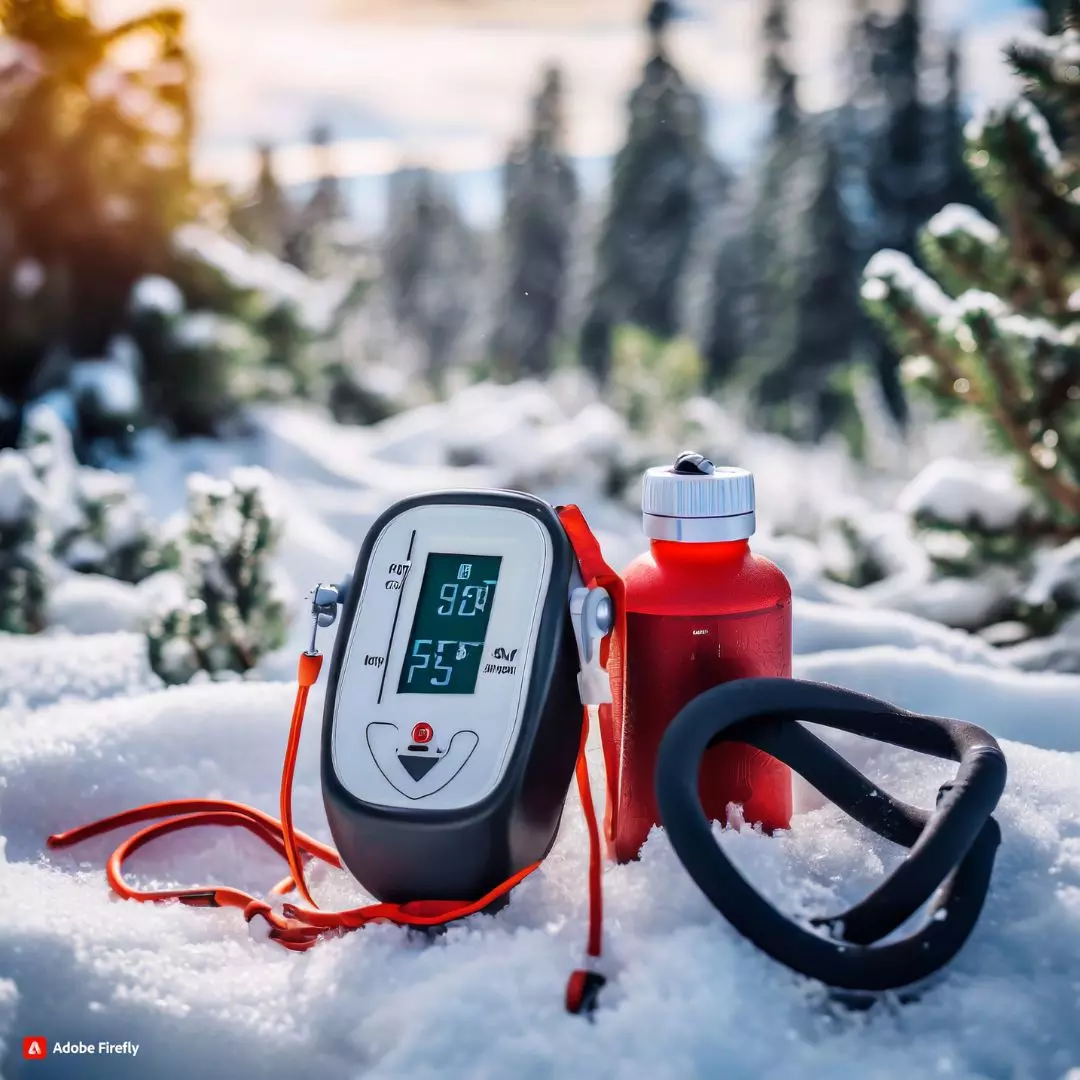High blood pressure, often termed the “silent killer,” silently wreaks havoc on the heart, blood vessels, and vital organs. While genetics and age contribute to hypertension, lifestyle choices play a pivotal role in both its development and management. As winter unfolds, it brings with it unique challenges that can exacerbate the risk of hypertension. Understanding and avoiding common winter lifestyle mistakes is key to maintaining optimal blood pressure. This article explores these potential pitfalls and provides insights into fostering a healthier winter routine.
1. Battling Winter Inactivity
The winter chill may tempt many to embrace a more sedentary lifestyle. Colder temperatures and shorter days can discourage regular exercise, leading to weight gain, heightened stress, and diminished cardiovascular fitness—factors that significantly elevate blood pressure. Combat this by maintaining a consistent exercise routine, opting for indoor workouts or joining a gym to stay physically active even during the winter months.
2. Culinary Comforts with Caution
Winter is synonymous with comforting, calorie-laden foods, often rich in sugar, salt, and fats. Indulging in these delights can increase sodium intake and contribute to weight gain, both of which are risk factors for hypertension. Opt for home-cooked meals, exercise portion control, and prioritize a diet abundant in fruits and vegetables to promote heart health.
3. Thirst Quenching Wisdom
Contrary to popular belief, dehydration is not exclusive to the scorching summer months. In winter, decreased thirst sensation may lead to inadequate water intake, potentially causing blood pressure to rise. Proper hydration remains crucial during colder months, with water, herbal teas, and warm beverages playing key roles in maintaining optimal fluid levels.
4. Stress Management Strategies
The winter season often brings added stress due to holiday preparations, family gatherings, and weather-related concerns. Stress acts as a trigger for hypertension, prompting the body’s “fight or flight” response and elevating blood pressure. Incorporate stress management techniques such as meditation, yoga, and deep breathing exercises to foster emotional well-being and support blood pressure regulation.
5. The Weather Factor
As temperatures plummet, the body may restrict blood flow to conserve heat, causing blood pressure to rise. While weather-related fluctuations may impact blood pressure, maintaining a healthy lifestyle remains paramount. Awareness of these potential influences can empower individuals to make informed choices for their well-being.
6. Dietary Recommendations for Winter
Managing hypertension during winter involves conscious dietary choices. Foods like methi (fenugreek), radish, spinach, carrots, and beetroot can contribute to blood pressure regulation. These nutrient-rich options, part of the DASH diet (Dietary Approaches to Stop Hypertension), emphasize a balance of vegetables, fruits, low-fat dairy, and lean proteins.
Winter brings its set of challenges, but with awareness and proactive choices, individuals can navigate the season without compromising their blood pressure. By embracing an active lifestyle, maintaining a balanced diet, staying hydrated, managing stress, and understanding the potential weather-related impact, one can promote cardiovascular health even in the chilliest of months. Remember, a winter well-spent prioritizes well-being.
Also Read: UN Climate Change Initiative Harnesses AI For Transformative Climate Action In Developing Countries











